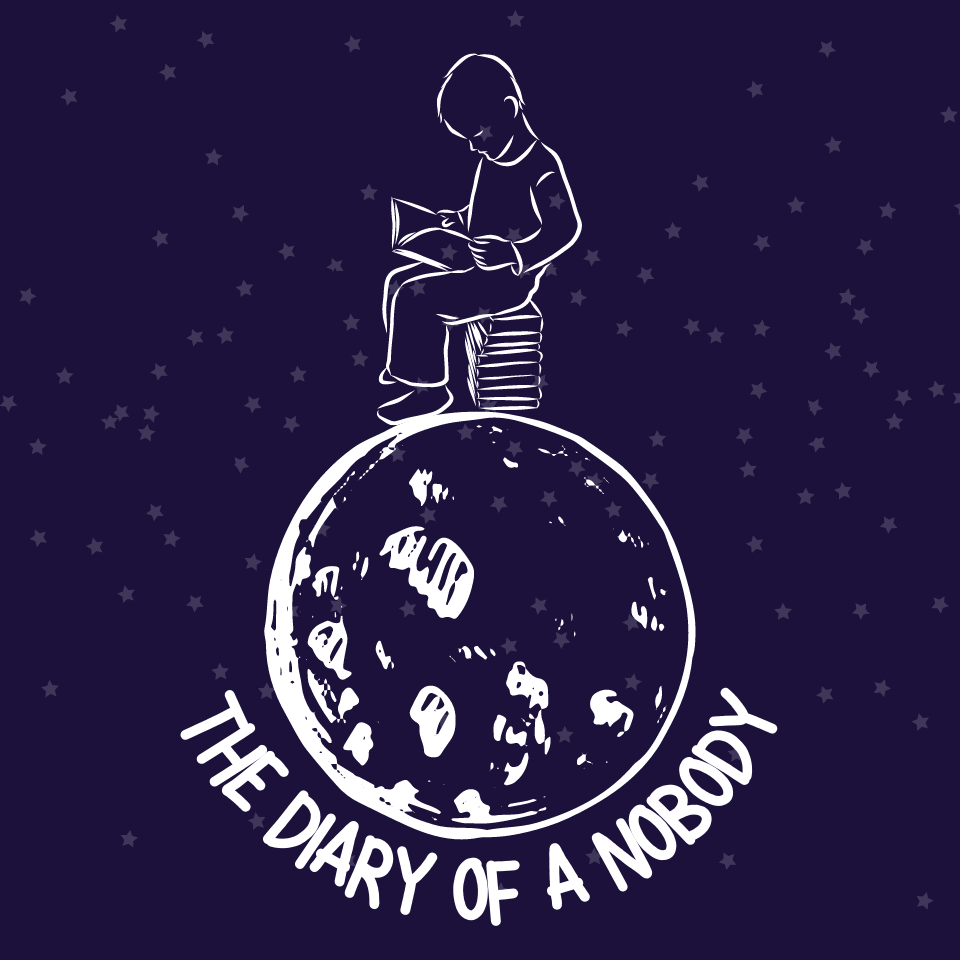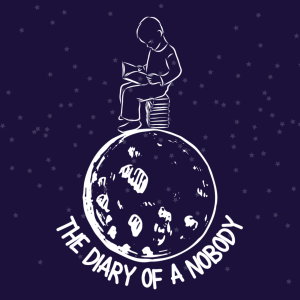T.S. Eliot - Burnt Norton Pt. 1
Written in: Burnt Norton is the first poem of the 4 Quartets of T.S. Eliot. This quartet was published in 1936 and in 1943 appeared together with the other 3 quartets. (source: poemanalysis.com, 2022)
Theme:
The main theme of ‘Burnt Norton is the nature of time, its relation to salvation, and the contrast between the experience of the modern man and spirituality. The lyrical voice meditates on life and the need to subscribe to the universal order. The poem’s structure and form are similar to T. S. Eliot’s The Wasteland, as several fragments of poetry are put together and set as one. The rhyme and meter rely on the repetition and circularity of language, which corresponds to the conception of time introduced in the poem. Light and dark, movement and stillness, and roses are some of the motifs that appear in ‘Burnt Norton’. (source: poemanalysis.com, 2022)
Poem:
Time present and time pastAre both perhaps present in time future,And time future contained in time past.If all time is eternally presentAll time is unredeemable.What might have been is an abstractionRemaining a perpetual possibilityOnly in a world of speculation.What might have been and what has beenPoint to one end, which is always present.Footfalls echo in the memoryDown the passage which we did not takeTowards the door we never openedInto the rose-garden. My words echoThus, in your mind.But to what purposeDisturbing the dust on a bowl of rose-leavesI do not know.Other echoesInhabit the garden. Shall we follow?Quick, said the bird, find them, find them,Round the corner. Through the first gate,Into our first world, shall we followThe deception of the thrush? Into our first world.There they were, dignified, invisible,Moving without pressure, over the dead leaves,In the autumn heat, through the vibrant air,And the bird called, in response toThe unheard music hidden in the shrubbery,And the unseen eyebeam crossed, for the rosesHad the look of flowers that are looked at.There they were as our guests, accepted and accepting.So we moved, and they, in a formal pattern,Along the empty alley, into the box circle,To look down into the drained pool.Dry the pool, dry concrete, brown edged,And the pool was filled with water out of sunlight,And the lotos rose, quietly, quietly,The surface glittered out of heart of light,And they were behind us, reflected in the pool.Then a cloud passed, and the pool was empty.Go, said the bird, for the leaves were full of children,Hidden excitedly, containing laughter.Go, go, go, said the bird: human kindCannot bear very much reality.Time past and time futureWhat might have been and what has beenPoint to one end, which is always present.
Credits: T.S. Eliot 1936/1943 - Four Quartets and poemanalysis.com, 2022








